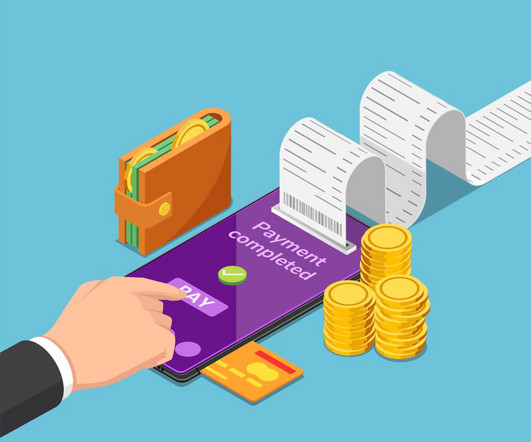What Happens if you Ignore a Debt Collection Agency
Nexa Collect
JUNE 21, 2023
This can lead to wage garnishment, bank levies, or liens against your property. Wage Garnishment and Asset Seizure : If a judgment is entered against you, the creditor may be able to garnish your wages, levy your bank accounts, or place liens on your property, depending on the laws in your jurisdiction.



















Let's personalize your content